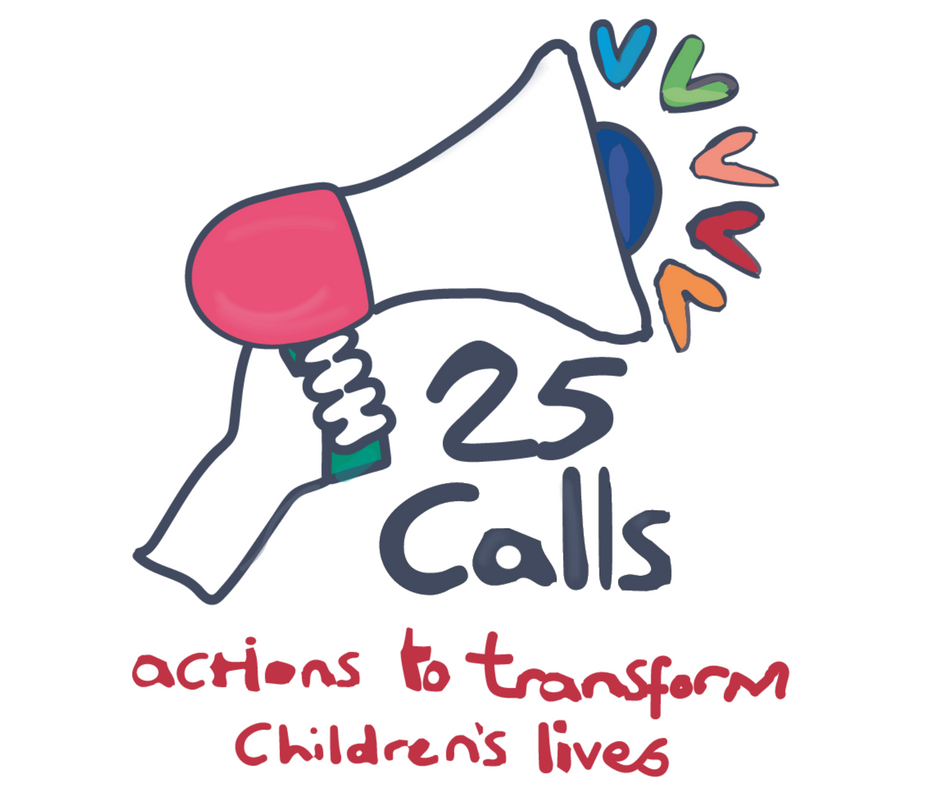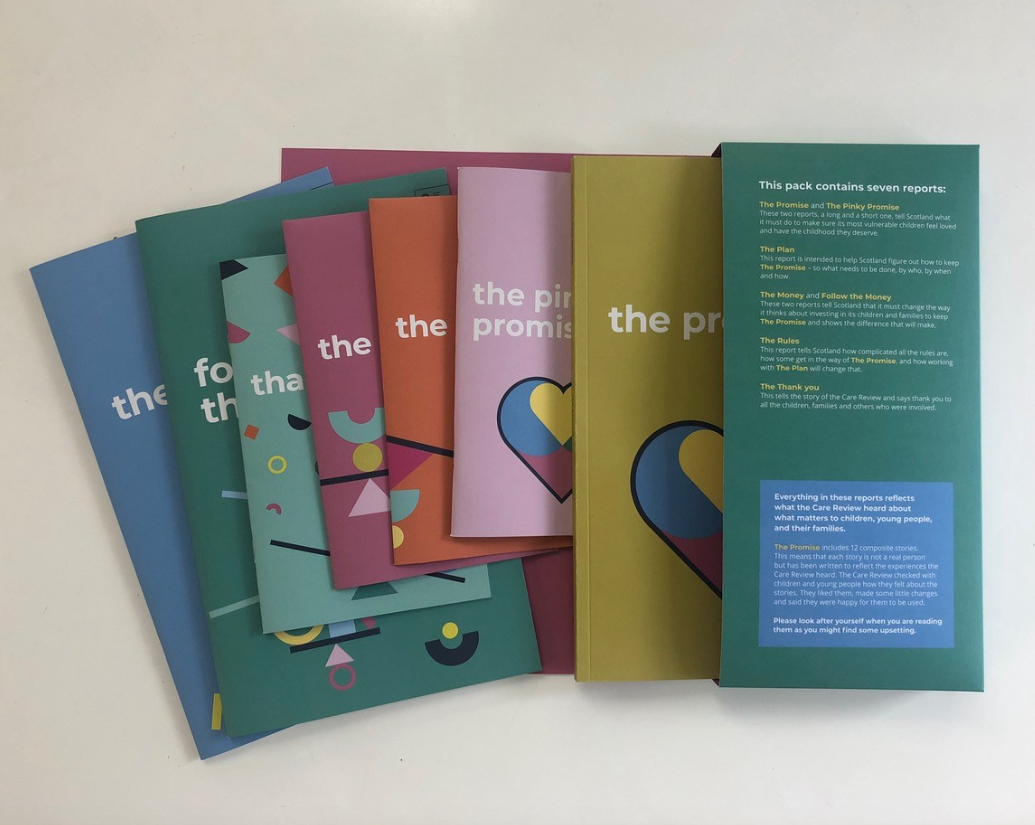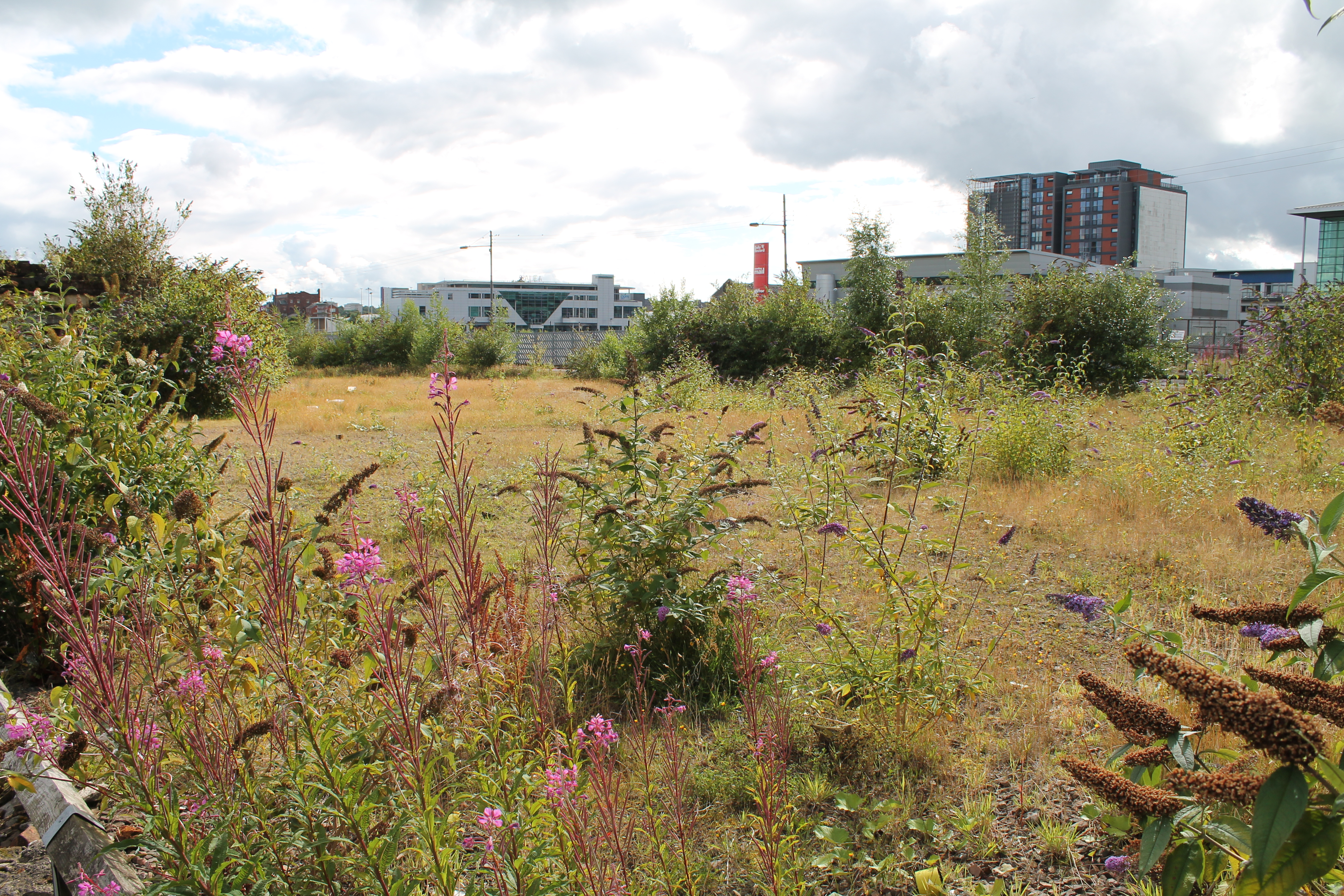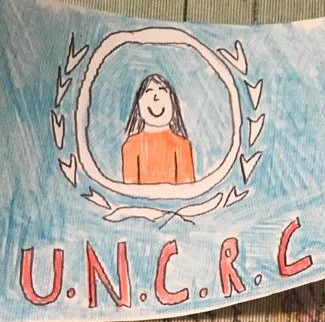In Scotland, more than 4,000 children and young people currently use fostering services, yet the number of foster care households continues to decrease, with a 3.5% reduction between 2020 and 2021.
Here, as part of Foster Care Fortnight (15-28 May), which shines a light on the commitment, passion and dedication of foster carers, we look at some of the common questions surrounding the role.
Who can become a foster carer?
According to TACT, the UK’s largest fostering charity, most applicants will meet the criteria for becoming a foster carer, and there's no right or wrong background.
“TACT Scotland always needs more foster carers, especially those who can provide teenagers, children and young people with complex needs, as well as sibling groups, with a safe, stable and secure home – where they can build their self-confidence and move on to leading independent lives,” explained the charity. “If a person is over 21, has a spare bedroom and the willingness to provide a caring home to a vulnerable child or young person, TACT will consider their application.”
Sexuality, age, marital status, and whether a person owns their home do not determine suitability as a foster carer, and people from all walks of life are needed to help provide a stable and loving home.
Fostered children come from a diverse range of backgrounds, so having carers with different life experiences is essential, too.
Are siblings fostered together?
Due to Part 13 of the Children (Scotland) Act 2020, and the Looked After Children (Scotland) Amendment Regulations 2021, since last year, local authorities have a duty to place siblings with the same foster carer, where appropriate and possible. If a suitable home cannot be found for the whole family, siblings must be placed in foster care near to each other, and local authorities must also actively promote direct contact between siblings.
These guidelines are a step towards achieving The Promise, which was laid out by the Independent Care Review to ensure the voices of children and young people in care are heard and that sibling relationships are protected.
TACT explained: “TACT Scotland has more than 20 foster families caring for siblings. What is absolutely vital is the search for more foster carers who can accommodate sibling groups. In most cases, the best outcome for siblings in care is to stay together in the same family unit – but that is not possible without foster carers who have the space and experience.”
Case study: David, TACT foster carer in Scotland since 2018
Fostering is my full-time occupation. While I am the primary foster carer, my wife (Ruth) and I are very much a fostering team. When we applied to foster, our son was a baby, but we knew we could happily share our home and hearts with more children.
The children currently with us are the third set of siblings we have fostered – there is something especially satisfying knowing you are making it possible for siblings to stay together. It is challenging enough for children to go into care, but to then be separated from their brothers and sisters at such a difficult time must be really tough.
Seeing the unconditional love the siblings have for each other, and the special bond and mutual support they share, reinforces my belief that wherever possible, siblings should always be given the chance to stay together.
What ages are looked after by foster carers?
According to The Fostering Network, every 20 minutes another child comes into care and needs a foster family in the UK.
Children can be fostered from birth, right up until their 18th birthday, and legislation now exists to support young people to stay with their former foster carer up until the age of 21. Around two-fifths of children in care are aged 11 to 15 years, so finding foster carers for teenagers is a key priority.
TACT said: “There is a common misconception that teenagers who are in foster care are difficult, that they are in care because of something that they have done – but this is not the case. This myth is not only unfair on young people, but also the reason that many people rule themselves out of fostering teenagers.
“For people considering fostering teenagers, it is important to try to understand the young person’s background, the challenges that they may be experiencing and the impact that may have on their behaviour. They may have issues with trust and may ‘act out’ as a way of hiding fear or insecurity. As a foster carer being supportive is key, helping the young person to understand and manage their feelings, build their self-esteem, and gain their trust.”
What are the different types of fostering?
Foster carers don’t always look after children and young people full-time. Care can be required for a number of reasons, so foster placements vary to meet each specific need. Types of foster care include:
- Short term fostering provides temporary care for children and young people whose care plan is uncertain. It is different from “short break” fostering, which allows a break for both the main foster carer and the young person.
- Long term fostering is for children and young people who will not be returning to their birth family. This type of care requires a commitment from the foster carer to provide a safe home for as long as is needed, which may be up to 18 years old and beyond.
- Specialist foster care is for children with complex needs, including physical disabilities, medical conditions or learning difficulties.
- Emergency fostering means foster carers do not have the opportunity to meet the child or young person beforehand, and have to be ready to accept the child when they arrive, which may be with a duty social worker or the police.
Every foster carer is given full training to ensure they have the right skills to look after children and young people, and also receive a tax-free fostering allowance.
Click here for more information on Foster Care Fortnight (15-28 May 2023): www.thefosteringnetwork.org.uk/foster-care-fortnight-2023
















